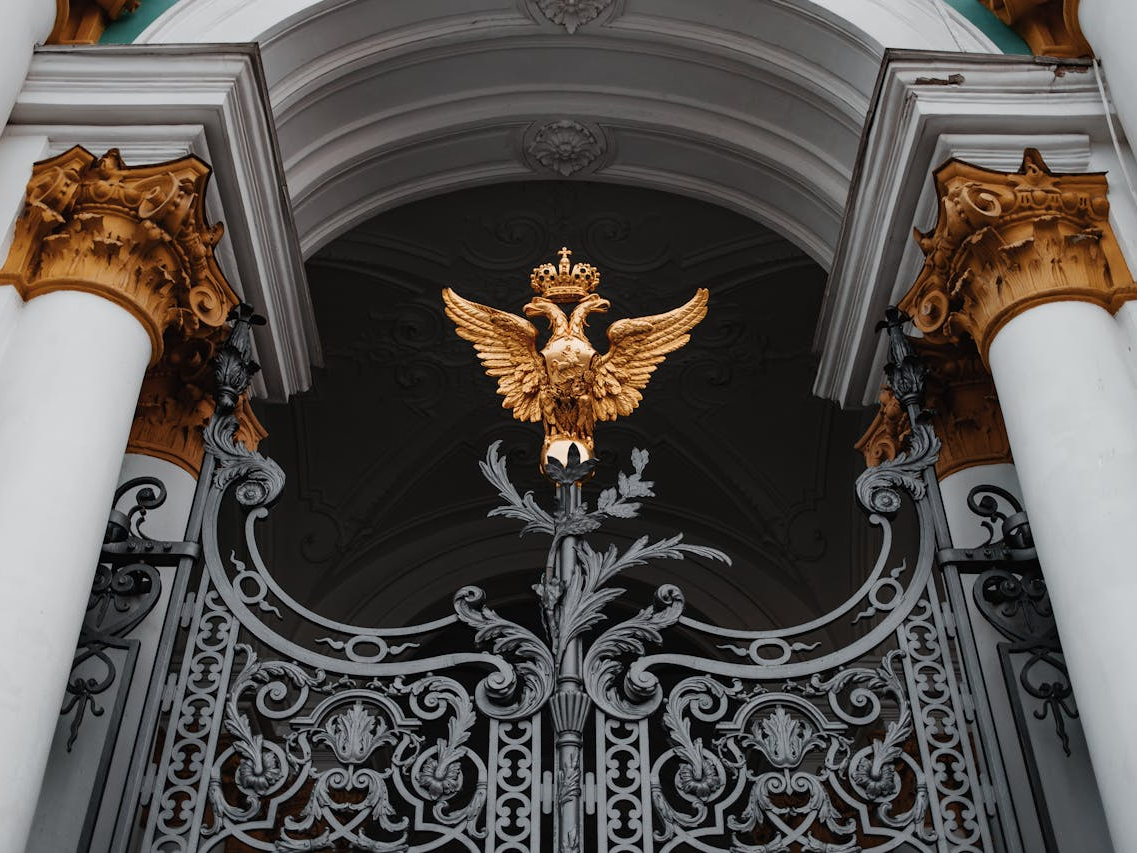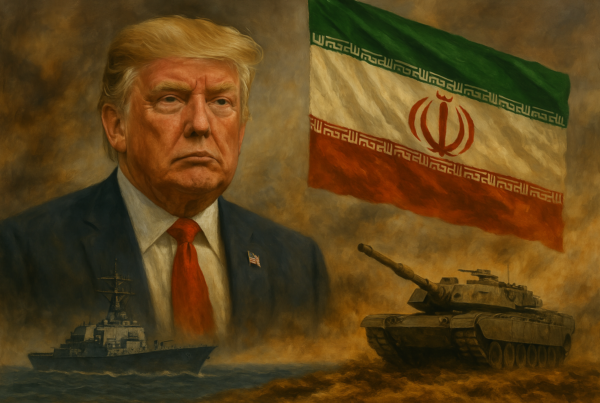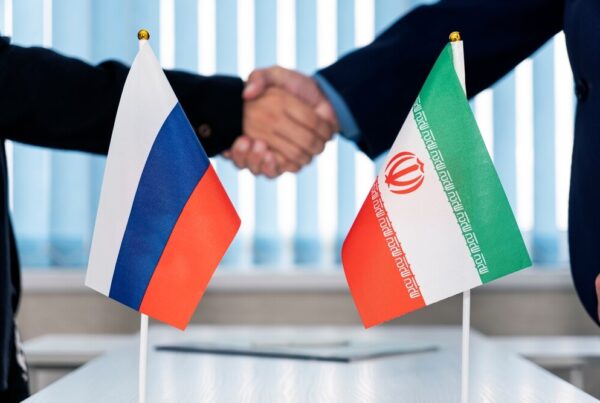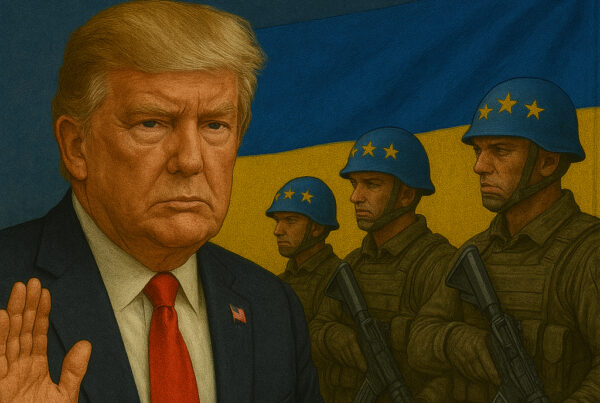The Eighth Tsargrad Congress at the Cathedral of Christ the Savior was remarkable.
It is becoming evident that we live in a society where ideology is shifting — from liberal to Russian. This process cannot be stopped. It is not merely a decision by the authorities; it is the logic of time, a historical ultimatum.
The Special Military Operation (SMO) has radically altered the ideological landscape in Russia. The era of neutral technocrats has ended; the era of ideological patriots has begun. A new type of official is emerging — governors, ministers, leaders. People of the state now regularly confront death, pain, horror, and the soul of the people. They can no longer operate solely through instructions and formal requirements while quietly engaging in corruption. They are part of history, and history demands agency, a choice driven by the heart. Thus, those in power must choose: are they with the elite caste or with the people? Are they on the side of war, taking an active part in it, or are they standing aside? Being a technocrat means choosing the latter. Otherwise, one must either change one’s worldview or openly adopt the established Russian views and stand with the Russian Cause.
Now, once again, everyone must define their position. This is an ideological divide. Liberalism is exhausted, though it persists out of inertia. But now, even executive technocracy is insufficient. Dealing with war, with internal enemies in the fifth and sixth columns, with destructive migration and catastrophic demographics, with traditional and non-traditional values, each must make a choice. Clear and decisive. Not whispered — aloud. And it must be upheld and followed through, possibly to the end, for we are in a time of war. Being Russian today is not just about claiming a title or identity label. Being Russian means joining the ranks of the Russian Cause, understanding oneself as part of a people, willing to sacrifice everything — even life — for the state.
The time of compromises and half-measures is over. The choices made now will have irreversible consequences. The Gospel speaks of workers of the last hour; they joined the work later than the rest but did indeed join it. And they were promised a share in the Kingdom of Heaven. After this last hour, however, it will truly be too late.
This is the last hour of the Russian Cause. It is time to make our final pledge to the Motherland, Faith, State, and People. Yes, since the 1980s, betrayal has become a social, ideological, and psychological norm. Everyone was out for themselves. But that time has passed.
Now is a different time. It is not only non-liberal; it is incompatible with technocracy. It is a time of an idea. The Russian Idea. It has finally arrived.
No issue in modern Russia can be regarded as purely technical. On the contrary, all issues have an ideological dimension. They arose for ideological reasons, and their solutions lie in the ideological realm.
Why the SMO? Because in 1991, liberals and Westernizers in Russia made an ideological decision to dismantle the Empire (USSR). And we will fight until we reverse the outcomes of that betrayal.
Where does migration come from? From the fact that liberal ideology denies even in theory the ethnic and cultural-religious factor. And the capitalist principle of profit optimization demands the cheapest and least socially protected labor force. That is ideology.
Why is the demographic rate falling? The principle of individualism and the mass urbanization of the population. As well as the systematic destruction of family values and the dismantling of classical patriarchy. These are ideological principles and cannot be solved by technical means. Where does corruption come from? Dogmatic egoism and obligatory cynicism, massively broadcasted by culture, inevitably lead to a blurring of responsibility towards society and legal opportunism.
Given all this, we need an ideological body. Whether as a supervisory system for the implementation of Presidential Decrees 8091 and 3142 and the concept of National Security, or in some other form. Naturally, the Russian patriotic ideology should be subtly integrated into society and managed by Russian patriots.
(translated from the Russian)
Alexander Dugin’s books can be purchased here.
Footnotes
Presidential Decree 809, signed on 9 November 2022, establishes the ideological framework for preserving and promoting traditional Russian spiritual and moral values. It emphasizes principles like family unity, creative labor, and the prioritization of spiritual over material values, aiming to counteract Western liberal individualism and materialism in Russian society.
Presidential Decree 314, signed on 8 May 2024, outlines the “Fundamentals of State Policy in Historical Education” in Russia, aiming to unify the nation’s historical narrative and strengthen ideological consistency in educational content across various levels.





